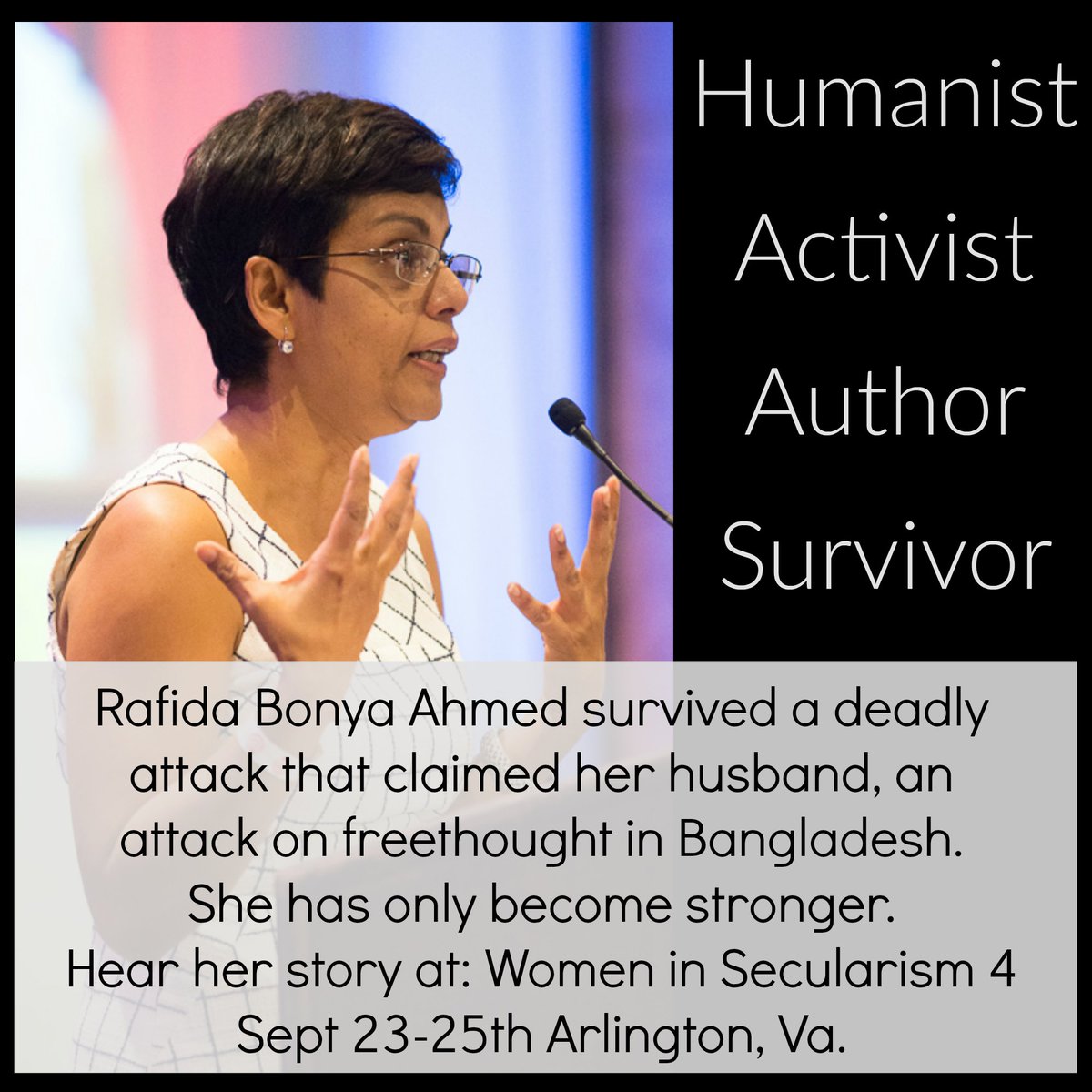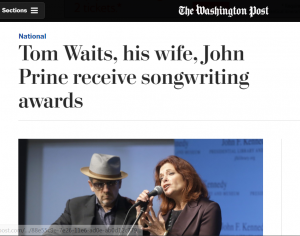Paul blogs Katha Pollitt’s conversation with Annie Laurie Gaylor:
“We have to start talking about abortion as a normal part of women’s lives,” Pollitt told us. “It always has been.” And in fact, even religions have not been, and are not always, tied to the notion that a fertilized egg is equivalent to a full person. She talked about the “wiggle room” that Southern Baptists allow for abortion, and how in Judaism, the woman is the “first person” of priority when there is a question of primacy.
A major stumbling block when it comes to abortion is the ingrained perception of women’s bodies as somehow being community property. Part of this is exacerbated by what Pollitt called the “baby-fication” of the fetus, treating a glob of cells like it’s a cute little infant in a onesie. But more to the point, the problem is that much of society views the woman’s body as violable.
Violable, judgeable, open to criticism and grading – just plain public in every way. The whole woman, at the same time, is profoundly unimportant and negligible. She’s the “and his wife” in newspaper headlines about awards she won along with her husband. She plays the bit part, often with no dialogue. She does not count – therefore her wishes about what happens to her body are entirely beside the point.
She brought up the fact that Christopher Hitchens had expressed his opposition to abortion, saying that to end a pregnancy must be a societal decision. Exasperated, Pollitt said, “Is society going to die in childbirth?”
Is society going to be flattened by exhaustion for the first trimester? Is it going to nurse the baby? Is it going to raise the child?
Also at the conference was Kristine Kruszelnicki, an anti-abortion activist who had a table there.
I'm a #prolife #atheist at #WIS4 but enjoying hearing @KathaPollitt author of Pro: Reclaiming #Abortion Rights. #OpenMinds always important!
— Kristine Kruszelnicki (@kruszer) September 25, 2016
She’s an anti-abortion atheist. “Prolife” is an obnoxious and dishonest label for opposition to abortion. People who support abortion rights are not “antilife” so “prolife” is a dishonest way of framing the opposition.




